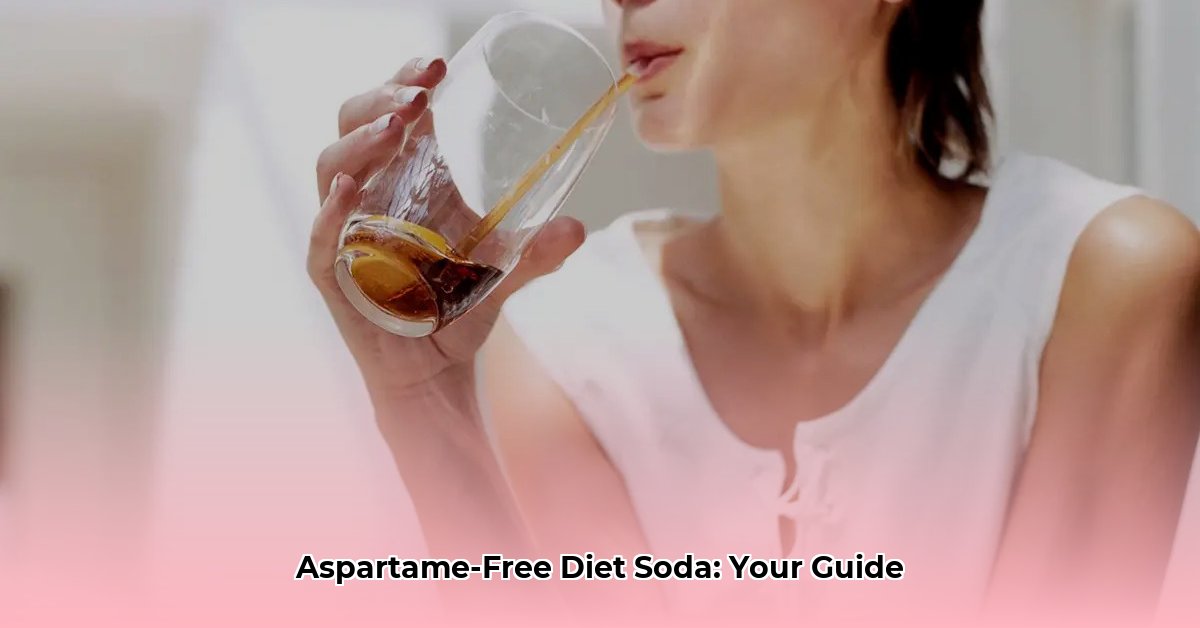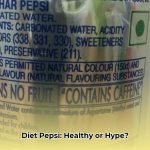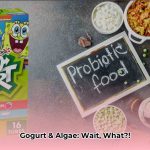The demand for aspartame-free diet sodas is bubbling up! Whether driven by health concerns, taste preferences, or the recent WHO reclassification of aspartame, more and more people are seeking refreshing alternatives. This guide provides a comprehensive overview of aspartame-free options, delving into the reasons behind the shift, exploring alternative sweeteners, and providing a detailed list of readily available aspartame-free diet sodas.
Why Choose Aspartame-Free?
Several factors contribute to the growing preference for aspartame-free beverages. For individuals with phenylketonuria (PKU), a genetic disorder, avoiding aspartame is crucial due to their inability to metabolize phenylalanine, a component of aspartame.
Beyond medical necessity, many find aspartame’s taste unappealing, describing a bitter or metallic aftertaste. This can significantly impact the enjoyment of diet sodas.
Furthermore, the WHO’s recent classification of aspartame as “possibly carcinogenic to humans” has raised concerns, prompting many to explore alternatives as a precautionary measure. While the FDA maintains aspartame’s safety within approved limits, the ongoing debate and evolving research underscore the importance of informed choice.
Exploring Sweetener Alternatives
Switching to aspartame-free sodas often involves navigating a landscape of alternative sweeteners. Here’s a comparative look at common substitutes:
| Sweetener | Source | Relative Sweetness | Pros | Cons |
|---|---|---|---|---|
| Sucralose (Splenda) | Modified Sugar | 600x sugar | No calories, heat-stable, widely available. | Some perceive an aftertaste. Some studies suggest potential health impacts, though more research is needed. |
| Stevia | Stevia Plant | 200-300x sugar | Natural, zero calories, plant-based. | Can have a slightly bitter or licorice-like flavor. |
| Monk Fruit | Monk Fruit | 150-200x sugar | Natural, zero calories. | Can be more expensive than other options. |
| Erythritol | Sugar Alcohol | 70% of sugar | Minimal calories, generally well-tolerated. | May cause digestive discomfort (bloating, gas) in some individuals, particularly in large quantities. |
| Acesulfame K (Ace-K) | Synthetic | 200x sugar | No calories, heat-stable. | Often blended with other sweeteners to mask a slightly bitter taste. |
The Ultimate List of Aspartame-Free Diet Sodas
Here’s a detailed list of popular aspartame-free options:
-
Zevia: Sweetened with stevia. Offers a wide variety of flavors, including cola, ginger ale, cream soda, and unique fruit combinations. Zero calories.
-
Diet Rite: Sweetened with sucralose (Splenda). Features traditional soda flavors (cola, cherry, grape). Often caffeine-free. Zero calories.
-
Diet Coke with Splenda: Specifically the version with Splenda. Regular Diet Coke contains aspartame. Classic cola flavor.
-
Virgil’s Zero Sugar: Sweetened with a blend of stevia and erythritol. Known for its classic soda flavors with a natural sweetness profile. Zero calories.
-
Hansen’s Natural Soda: Sweetened with a blend of sucralose and Ace-K. Offers a range of fruit-flavored sodas.
-
Pepsi One (select varieties): Some formulations use sucralose. Always check the label as other versions may contain aspartame.
-
Coca-Cola Life: Sweetened with stevia and cane sugar. Not strictly a diet soda as it contains some sugar, but has fewer calories and sugar than regular Coke.
-
Olipop: Sweetened with stevia and other natural sweeteners. Marketed as a prebiotic soda with gut-health benefits. Not a traditional soda but a relevant alternative for health-conscious consumers.
Important Note: Always check the product label to confirm ingredients, as formulations can change.
Frequently Asked Questions (FAQs)
-
Q: Are all “diet” sodas aspartame-free? A: No. “Diet” simply denotes reduced or no sugar. Always check the label to see which sweeteners are used.
-
Q: Are aspartame-free diet sodas healthy? A: Like all things, moderation is key. They can be part of a balanced diet but are not miracle health drinks. Water, fruits, vegetables, and whole grains should be the foundation of a healthy eating plan. Consider the potential long-term effects of artificial sweeteners, which are still under research.
-
Q: What is the FDA’s stance on aspartame compared to the WHO? A: The FDA maintains that aspartame is safe for consumption within the acceptable daily intake (ADI) they have established. The WHO, on the other hand, has classified aspartame as “possibly carcinogenic to humans” based on limited evidence. The WHO also provided its own ADI which is different than the FDA’s. This underscores the complexity of this issue and the need for ongoing research.
-
Q: Where can I find the most up-to-date information on aspartame and other artificial sweeteners? A: Reputable sources like the FDA and WHO websites provide the latest official information and research findings. It’s essential to consult credible resources to stay informed.
Conclusion
Finding your ideal aspartame-free soda may require some experimentation. Consider your taste preferences, health goals, and the information presented here to explore the growing market of aspartame-free options. While these beverages offer choice and flexibility, they should be enjoyed mindfully as part of a balanced lifestyle. Staying informed about sweetener research and consulting with a healthcare provider or registered dietitian when necessary can further empower your decision-making.
- Recommended Meditation Books for Beginners and Experienced Practitioners - February 3, 2026
- Great Mindfulness Books to Guide Your Journey to Inner Peace - February 2, 2026
- Good Books on Meditation to Start or Deepen Your Practice - February 1, 2026
















